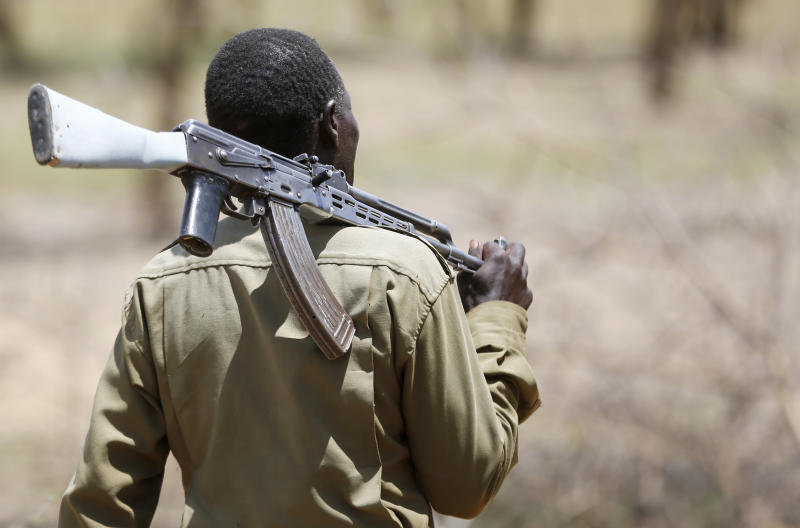×
The Standard e-Paper
Join Thousands Daily

For decades, migratory communities in the region along the Kenya and Uganda boundary have not known meaningful peace.
The search for pasture and water for their livestock, their main source of livelihood, has bred deadly conflicts through competition for the scarce resources leading to rampant rustling.